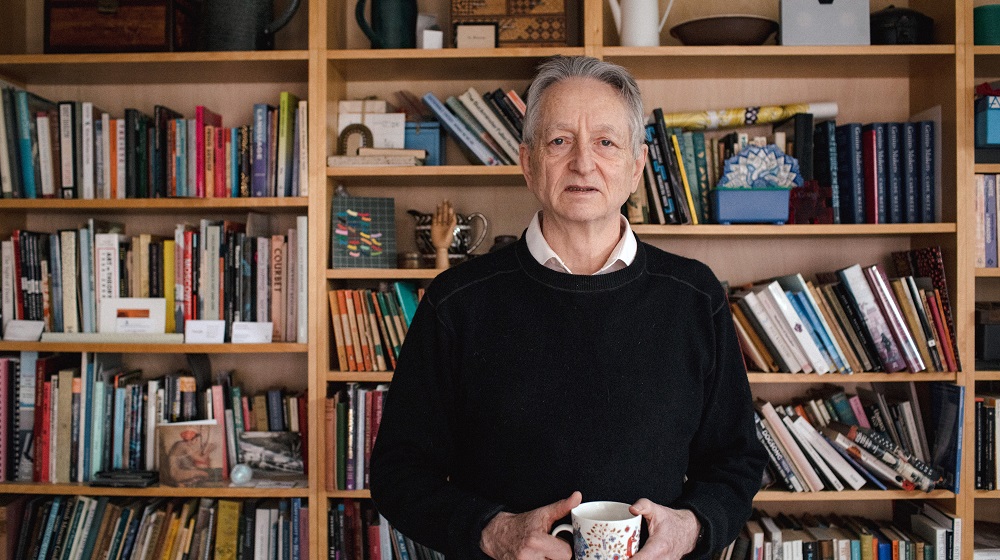Geoffrey Hinton, a former AI researcher and former VP of engineering and fellow at Google, widely recognized as the ‘Godfather of AI,’ left the company after spending ten years with it earlier this year. The 75-year-old who played pivotal role in the development of some of the crucial techniques that form the foundation of modern artificial intelligence (including products like ChatGPT) had said that in part he regrets his work and was leaving Google to speak freely about the dangers of AI.
He had said in an interview that he was concerned about the existential risk of what happens when these things, referring to AI, get more intelligent than us, “I’ve come to the conclusion that the kind of intelligence we’re developing is very different from the intelligence we have. We’re biological systems and these are digital systems. And the big difference is that with digital systems, you have many copies of the same set of weights, the same model of the world. And all these copies can learn separately but share their knowledge instantly. So it’s as if you had 10,000 people and whenever one person learnt something, everybody automatically knew it. And that’s how these chatbots can know so much more than any one person.”
The former British-Canadian computer scientist remained in the headlines for days due to his controversial remarks. Now, thanks to the folks at The Decoder for spotting another controversial statement in one of his recent talks at King’s College in London, it seems he’s going to be in the news once again.
When asked about whether AI will ever have feelings, Hinton responded with a yes, “I think they could well have feelings. They won’t have pain the way we do but things like frustration and anger, I don’t see why they shouldn’t have those.”
He further explained that how he thinks of feelings is unpopular among philosophers, “if I want to express to you what is going on emotionally in my head so I say to you I feel like punching Gary on the nose and what I am giving you is a hypothetical action in order to tell you about my emotional state so a lot of the time when we talk about feelings, we are giving hypothetical actions and they let you know something about my state,” adding “so I think there’s no reason these things don’t have feelings and I think they probably do.”
Hinton also stated that he has never shared his thoughts on this subject because his previous comments about AI potentially getting more intelligent than us had received a lot of criticism, “If you started with a good reputation and you say one weird thing like they’re going to get more intelligent than us, people will listen but if you say two weird things like they’re going to get more intelligent than us and by the way they will have subjective experience and feelings people will say he’s gone nuts so that’s why I don’t go on about that.”
Answering another part of the same question, he also argued that AI systems deserve political rights.
Here’s the full video of the talk from this particular question onward.
Featured image via The Irish Times.






